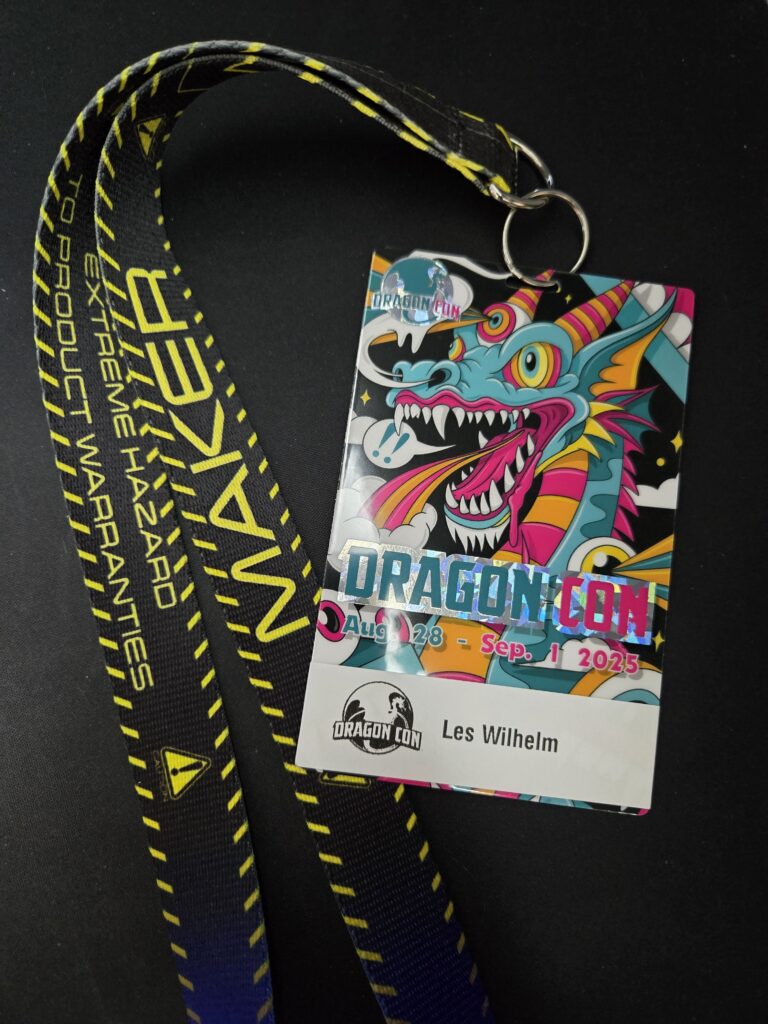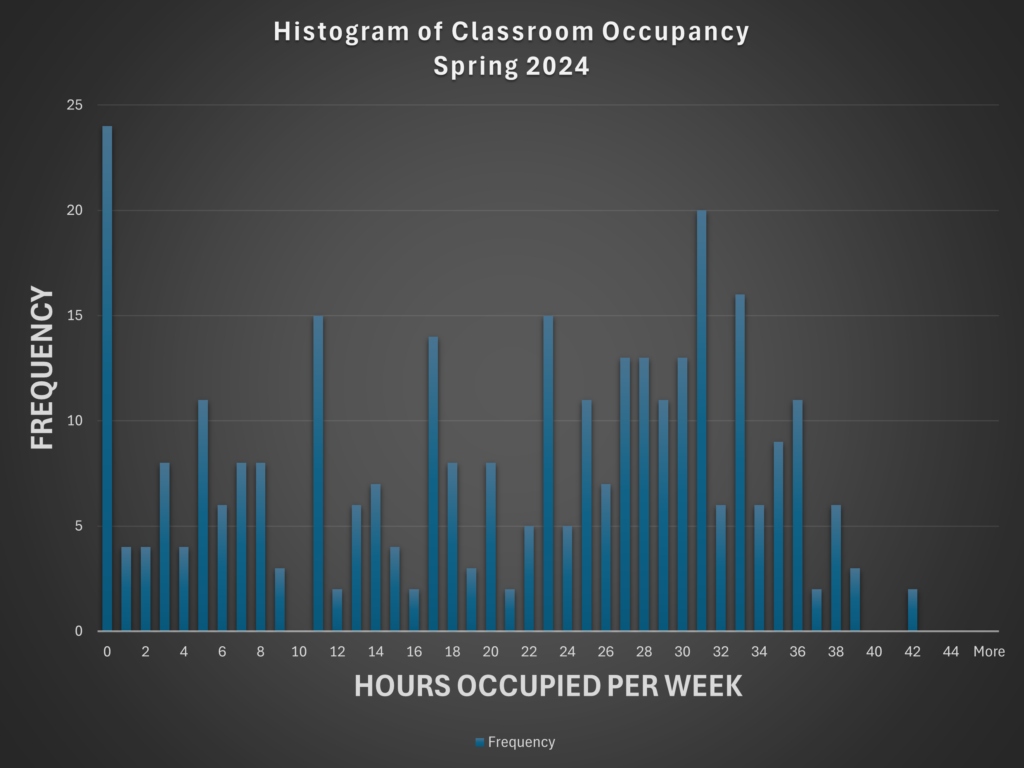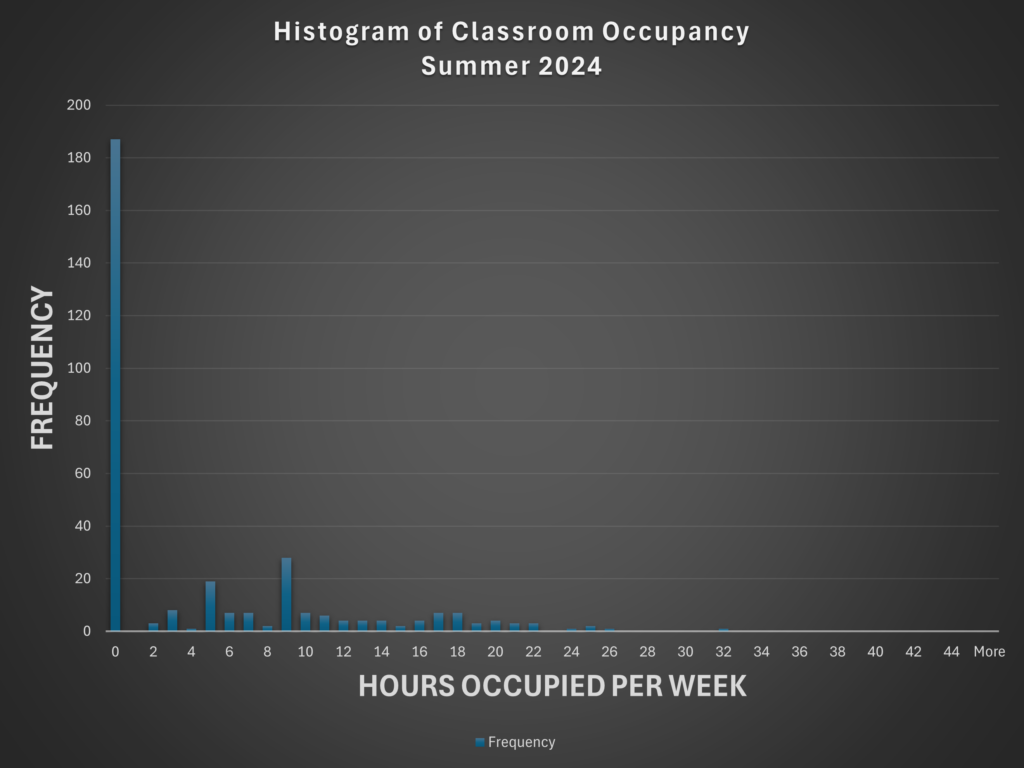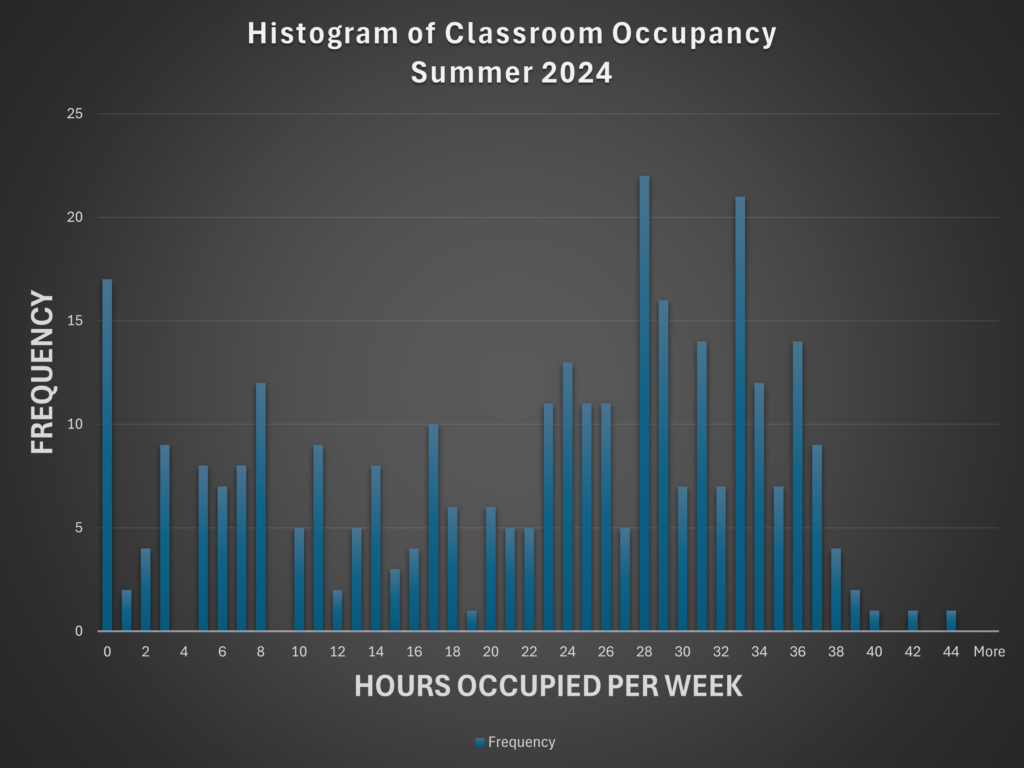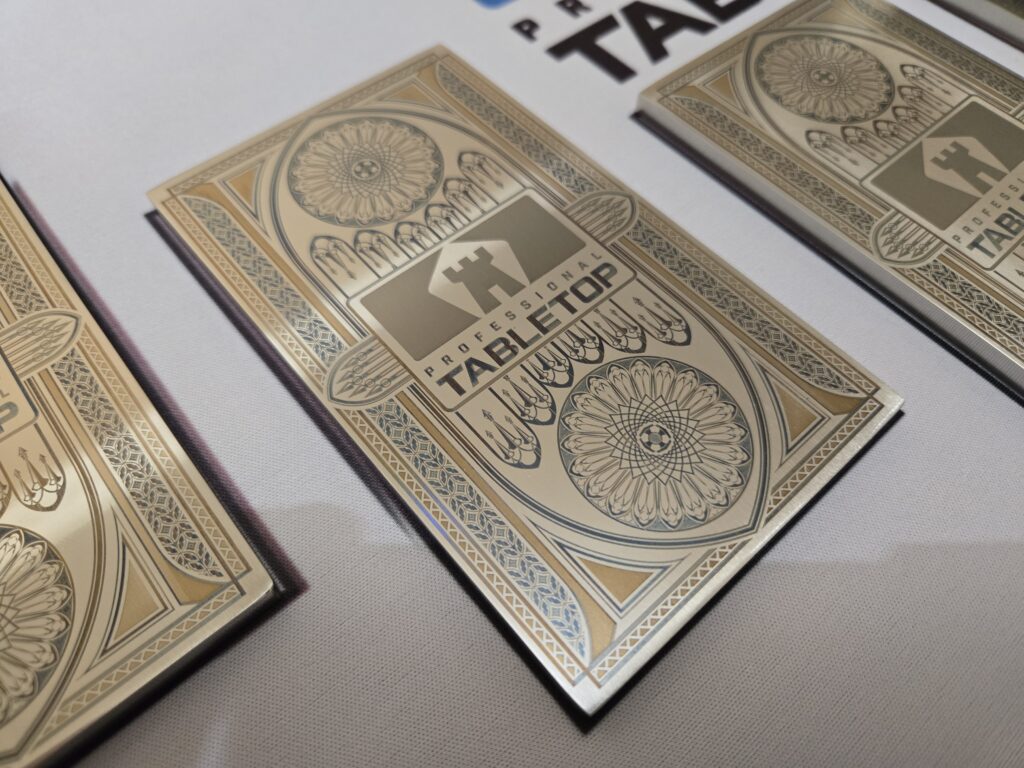Prediction for a new Valve SteamVR game in 2026
Basic Idea
Valve Corporation has historically aligned major hardware releases with advancements in its software platforms, such as SteamOS via the Steam Machine and SteamVR via Half-Life: Alyx alongside the Valve Index. Thus I predict the recently announced Steam Frame VR headset, slated for an early 2026 launch, will be accompanied by a new first-party VR title in Q4 2026. Justifications and other details follow.
Valve is a Software Company
Valve executives, including Gabe Newell, have characterized the company as primarily software-driven, with hardware serving ecosystem goals. The following table summarizes key initiatives and their outcomes:
| Hardware Initiative | Primary Software Objective | Outcome for the Software Platform | Notes |
|---|---|---|---|
| Steam Machine (2013–2015) | Establish SteamOS | Big Picture Mode advanced; Linux gaming tested | Commercial underperformance; low adoption until Steam Deck. |
| Valve Index (2019) | SteamVR and Lighthouse acceleration | Half-Life: Alyx released ~9 months post-ship | Increased SteamVR engagement. Caused the Index to sell out worldwide. |
| Steam Deck (2022) | Handheld SteamOS viability | Proton matured; Revived SteamOS | Strong success |
A flagship VR title could bolster Steam Frame adoption, mirroring the Index/Alyx dynamic and countering competitors like Meta’s exclusives. Valve’s private structure supports long-term bets on platforms like SteamVR.
The Steam Frame’s resolution, field of view, and compute power are all comparable to the Meta Quest 3 which launched 2 years ago. The majority of all headsets sold today are Meta devices which funnels users to Meta’s app store (and exclusivity) and away from SteamVR. Even within the SteamVR ecosystem, the majority of users are connecting with Meta devices.
Meta’s ability to run games on their headsets without the need for a PC is a strength and a weakness. Users do not need to own a PC which is a huge adoption advantage. However, the limited compute capabilities of Meta devices (compared to a PC) limit Meta exclusive titles to the graphics quality of flatscreen equivalents from 10 years ago. While it is possible to connect a Meta device to a PC (which also grants access to SteamVR games) this adds the cost of the PC and introduces setup complexity. Therefore developers seeking the widest audience are incentivized to focus on Meta native titles only and work within their limitations.
The combination of the new Steam Machine and Steam Frame gives Valve an opportunity to break Meta’s dominant market position. Thanks to its dedicated wireless PC link, foveated rendering, and foveated streaming the Steam Frame enables SteamVR titles to approach the graphical fidelity of current triple-A PC games. Additionally, if sold as a competitively priced package, the Machine+Frame combo would provide an easy and affordable entry into the SteamVR ecosystem.
Despite the possibilities of Valve’s new offering they must still contend with developer inertia. Developing a game which takes advantage of the Frame’s new tech will exclude that title from running in Meta’s less capable environment. Given Meta’s majority position in the device market taking a chance on the Frame is very risky.
With the revenue from Steam, Valve can easily afford to take a chance on its own product. This would lower the risk for third-party developers targeting the Frame and SteamVR.
Counterarguments
There are a few significant counterarguments which should be addressed. A November 12, 2025, Road to VR interview with Steam Frame engineers stated:
During a recent interview with Valve, the company confirmed that it has no first-party VR content in the works, for the headset’s launch or otherwise. When asked if the company had any VR content in development, a member of the Steam Frame team responded with a simple and definitive “no.”
I do not evaluate this as a definitive rejection of a first-party title for the following reasons. The statement originates from a single primary interview, potentially scoped to core Valve teams whereas acquired studios like Campo Santo could publish under their branding. Additionally, Valve’s 2020–2025 hiring includes numerous creative roles (e.g., 3D Environment/Character Artists, Animators, Level/Effects Designers; postings July/September 2025), suggestive of unannounced game development that could extend to VR.
The Steam revenue which allows Valve to develop its own first-party title for the Frame is also the reason they may choose not to develop such a title. Bringing a hardware consumer product to market is expensive and few companies could afford to let such a product fail. Even if the Frame failed to sell a single unit Valve would not be significantly impaired. The most expensive VR title to date is believed to be Valve’s own Half-Life: Alyx, with estimated dev costs of less than $100 million. Valve, with its billions in estimated annual profits, could cover this cost with ease.
